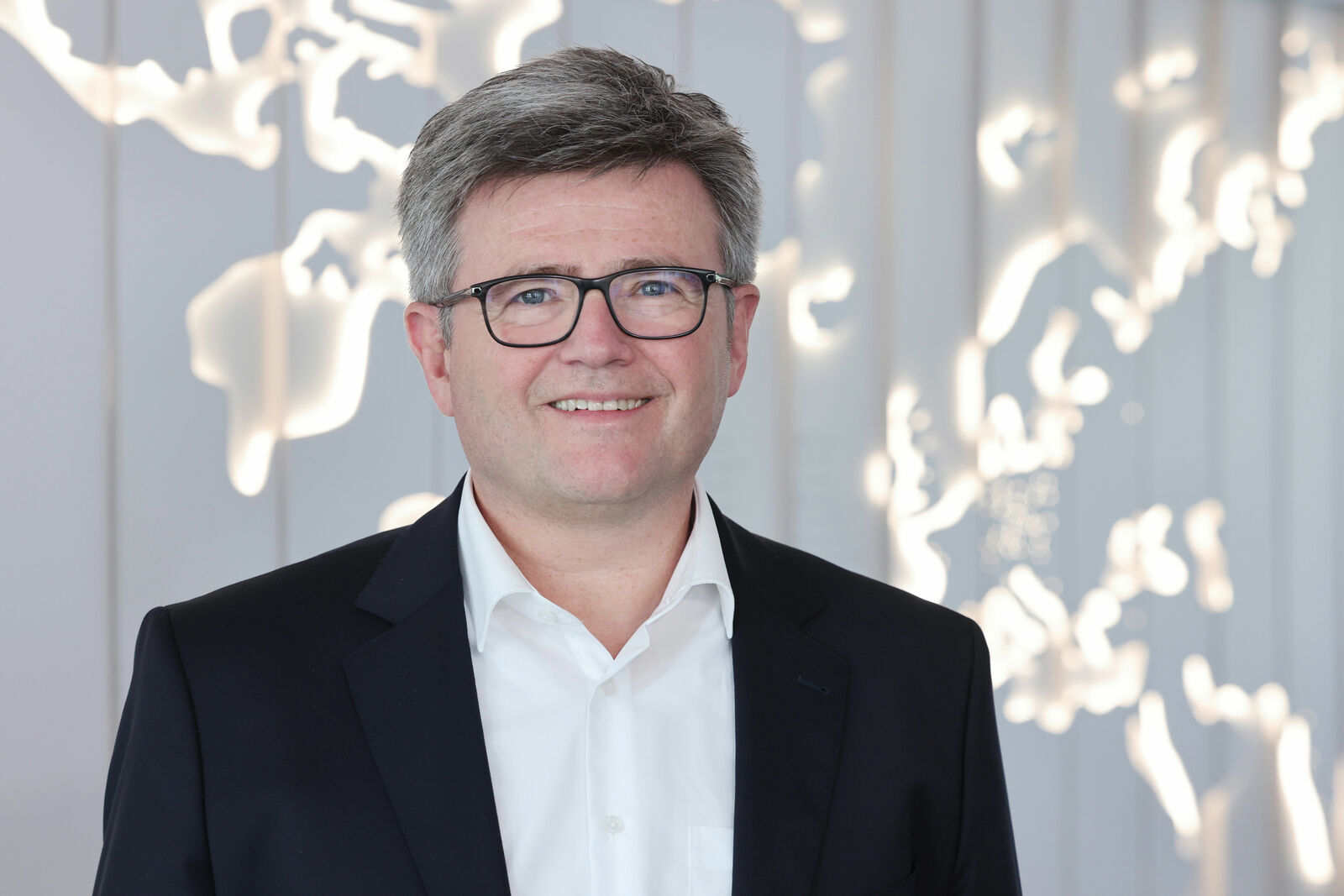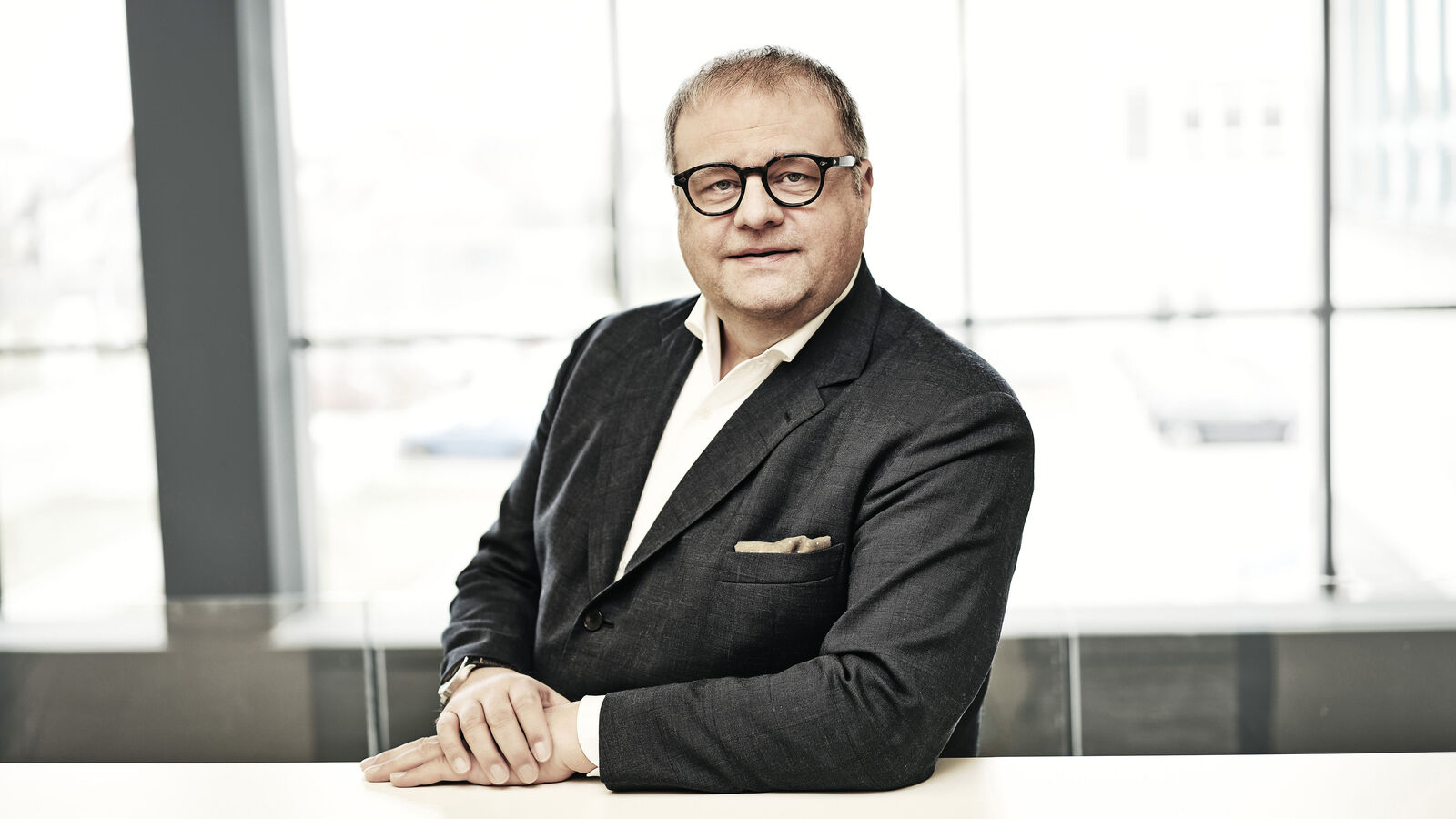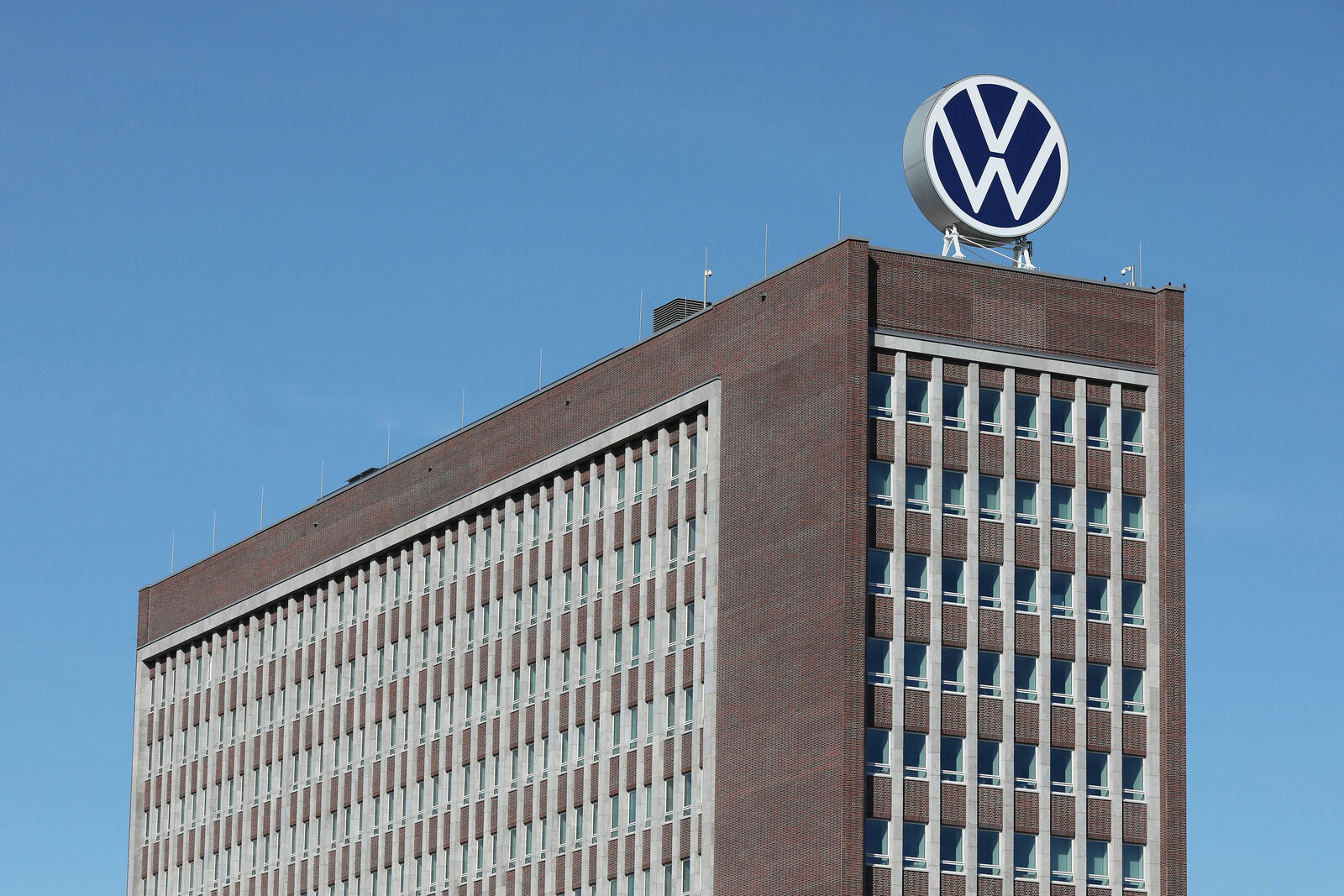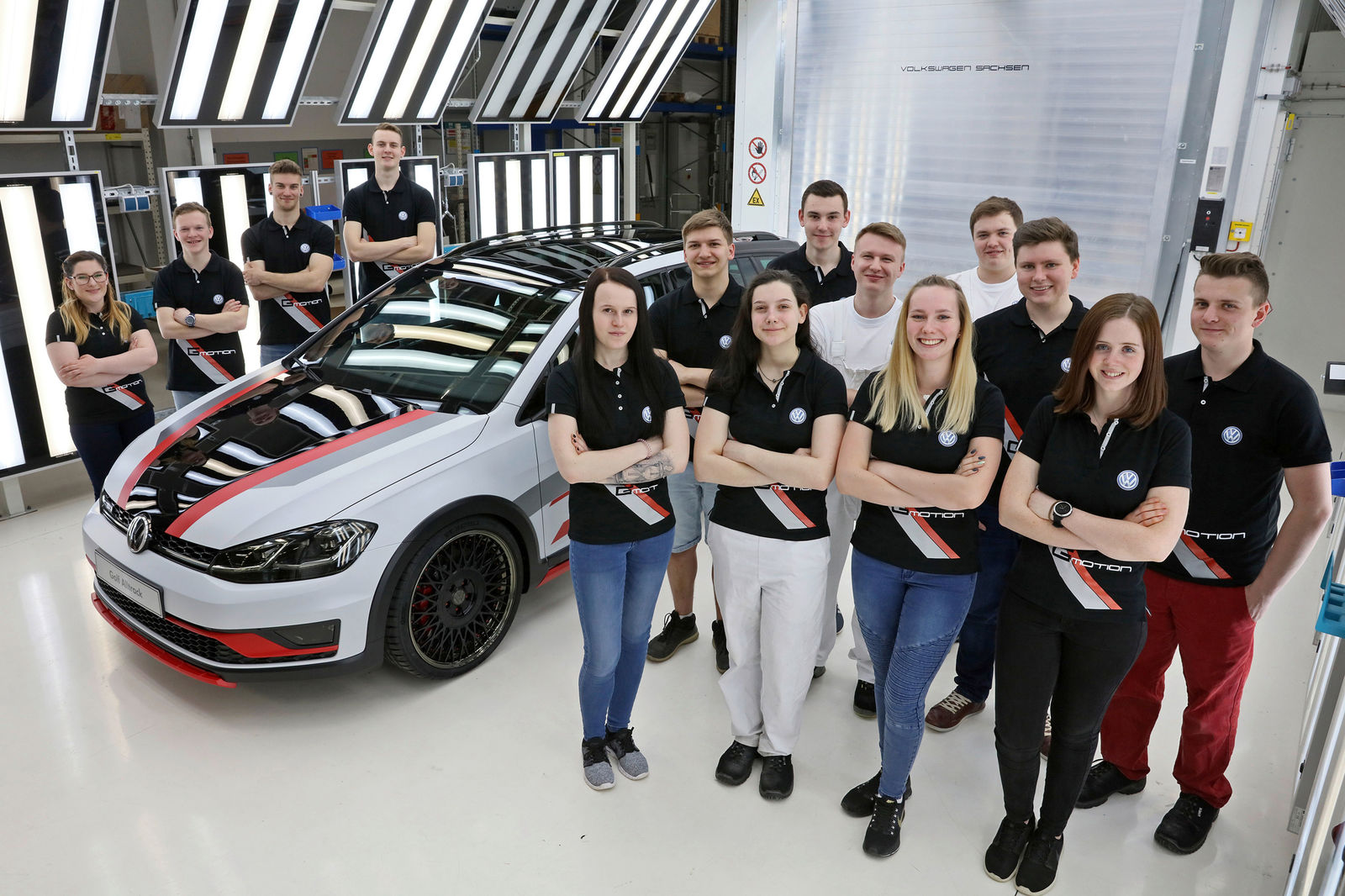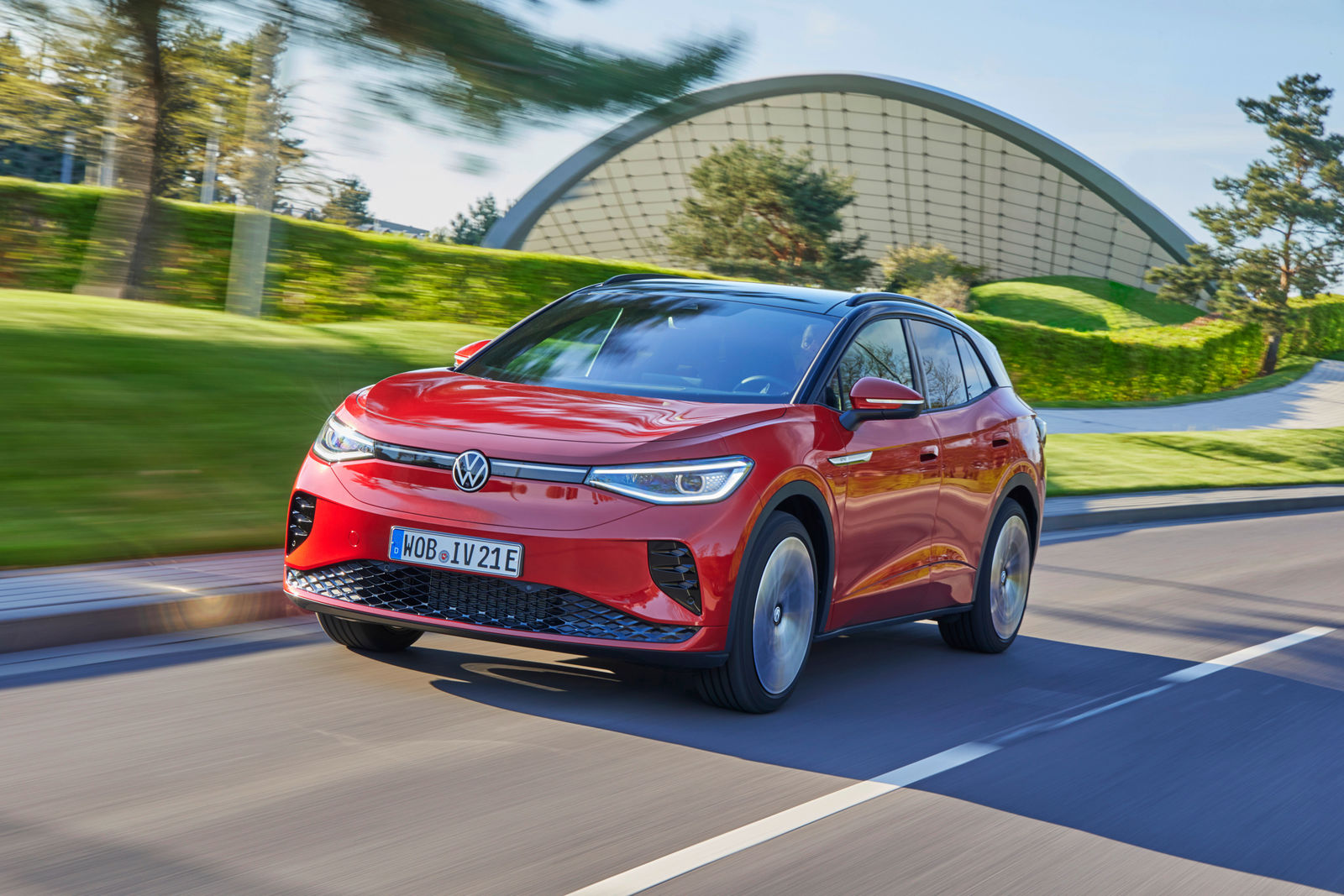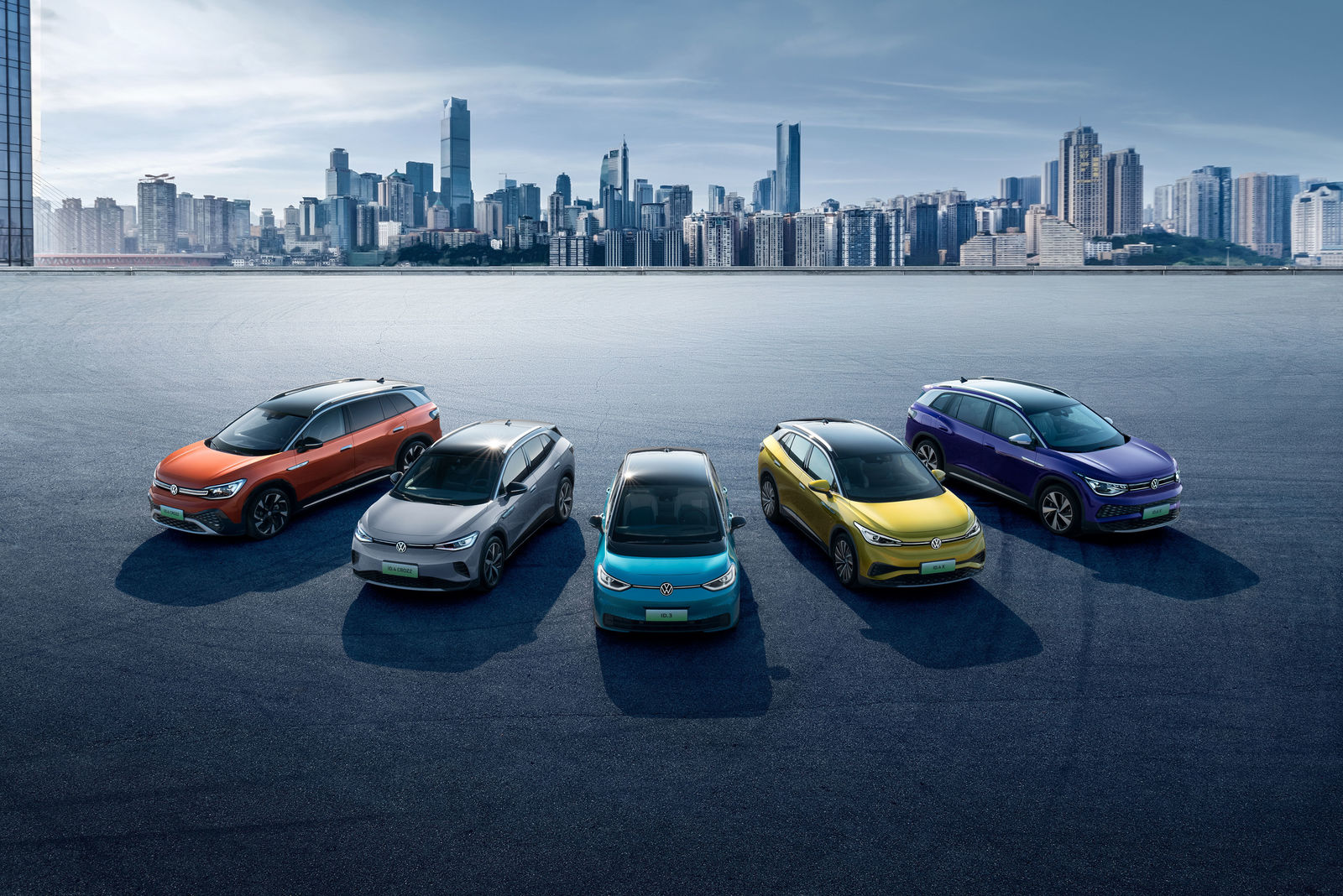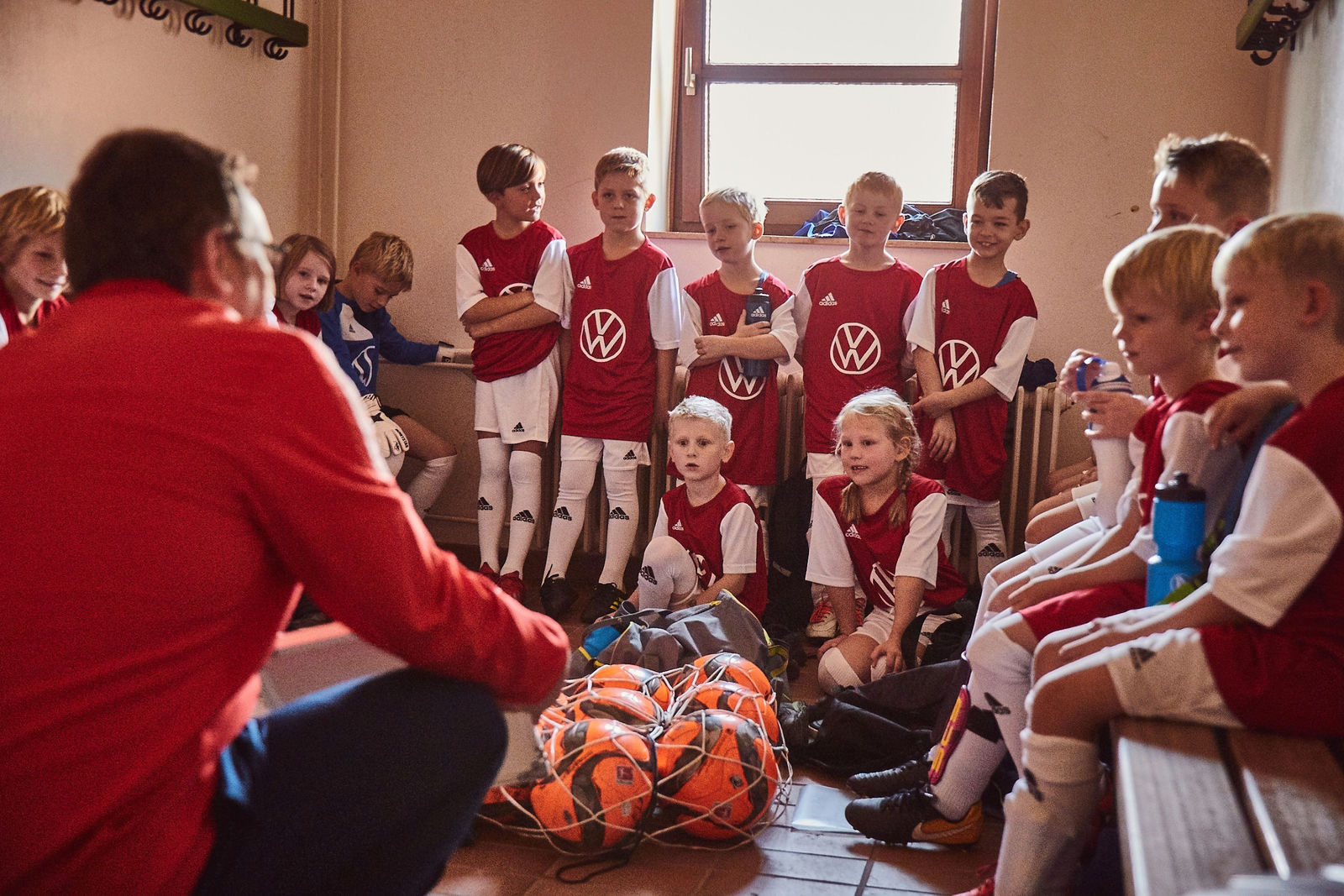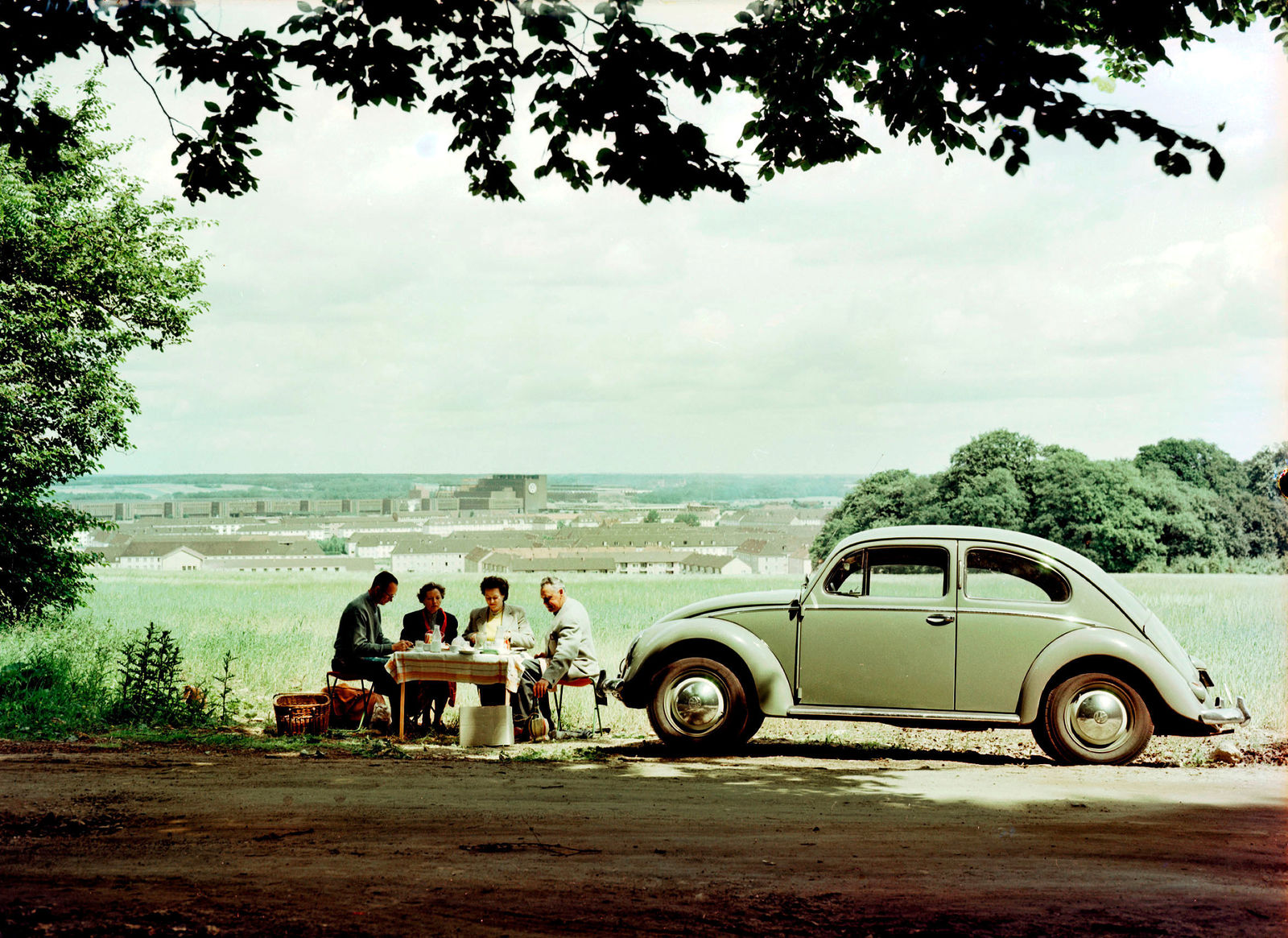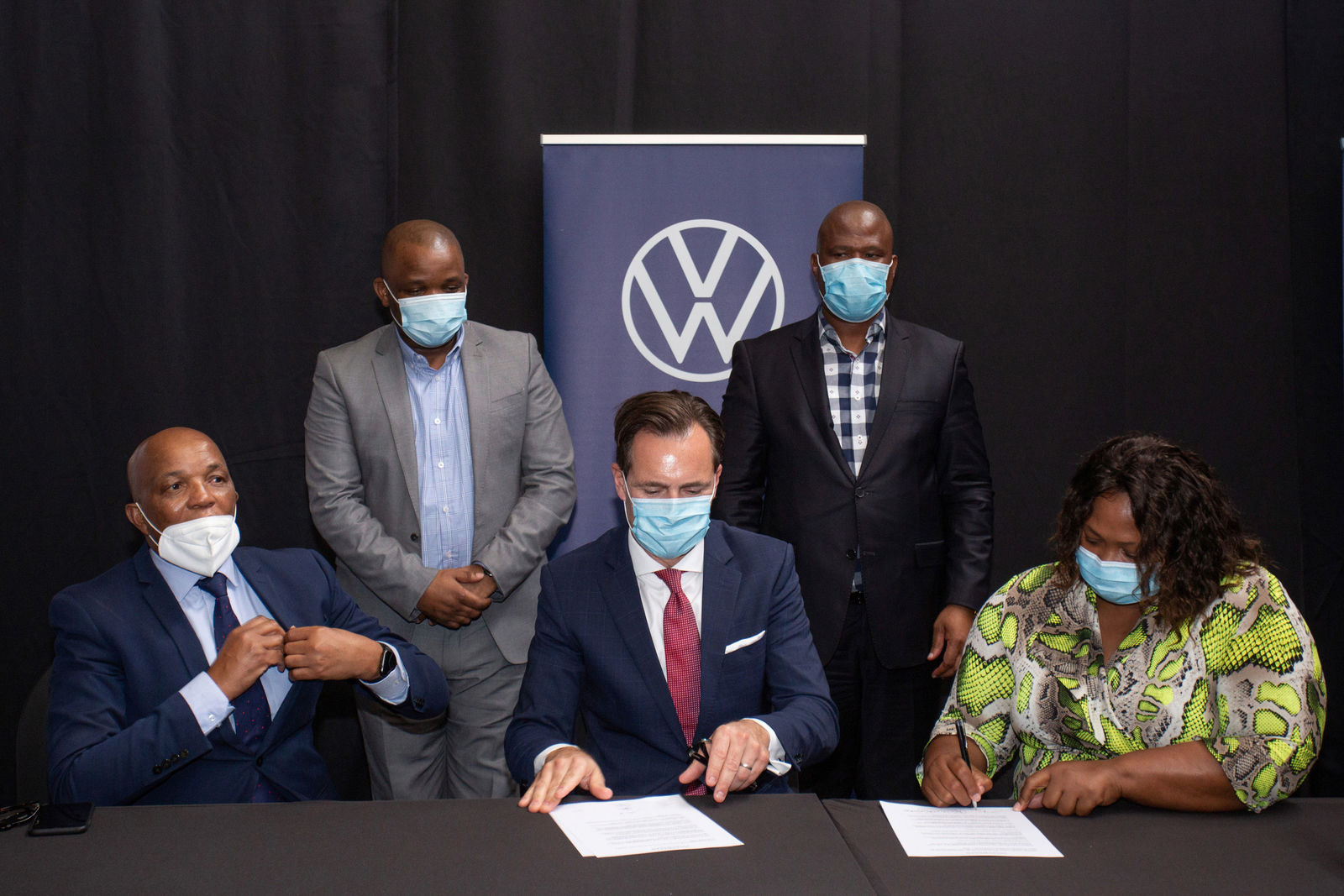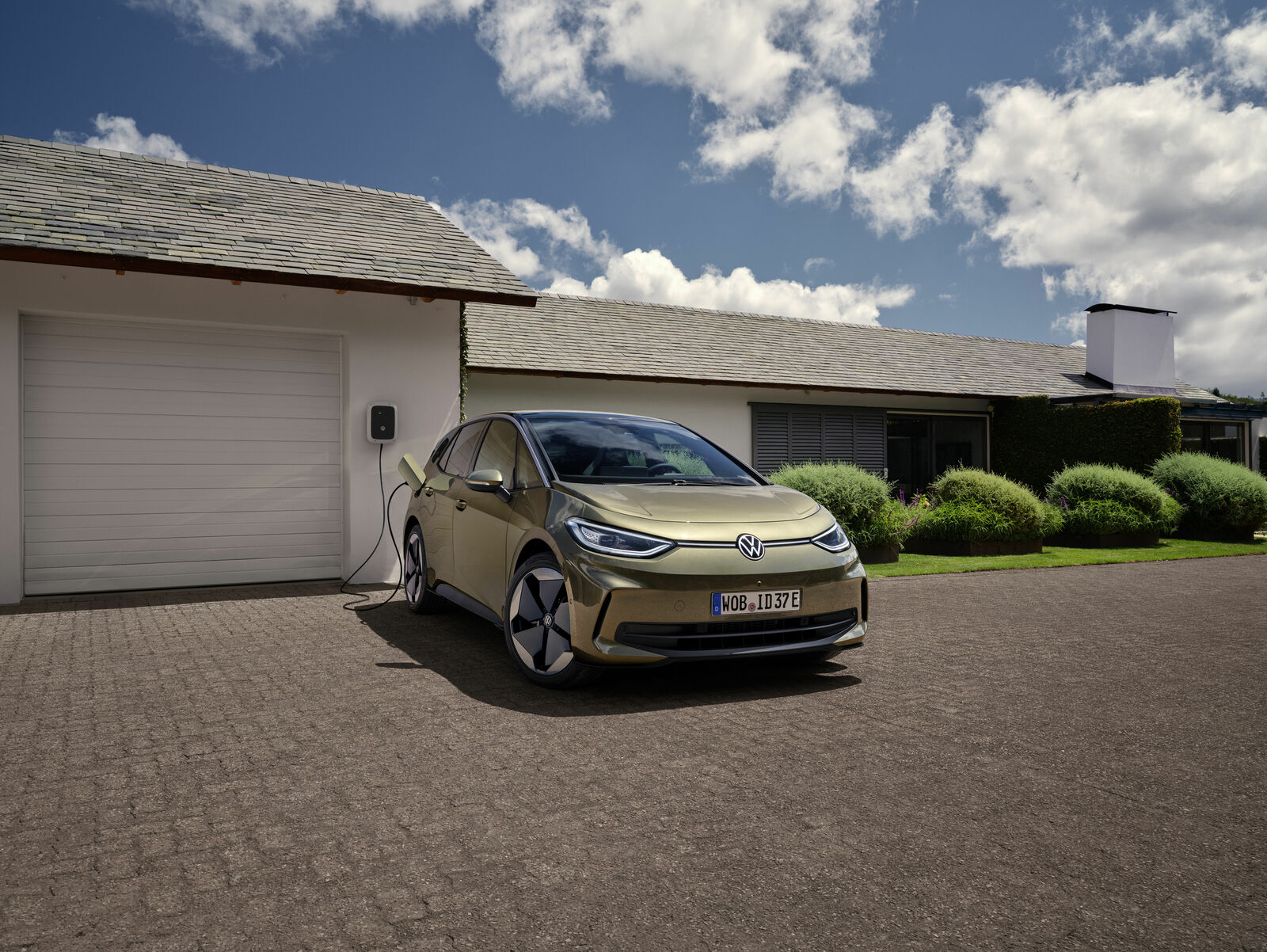Company
The Volkswagen brand at a glance
Board of Management of the Volkswagen Brand
Press releases
-
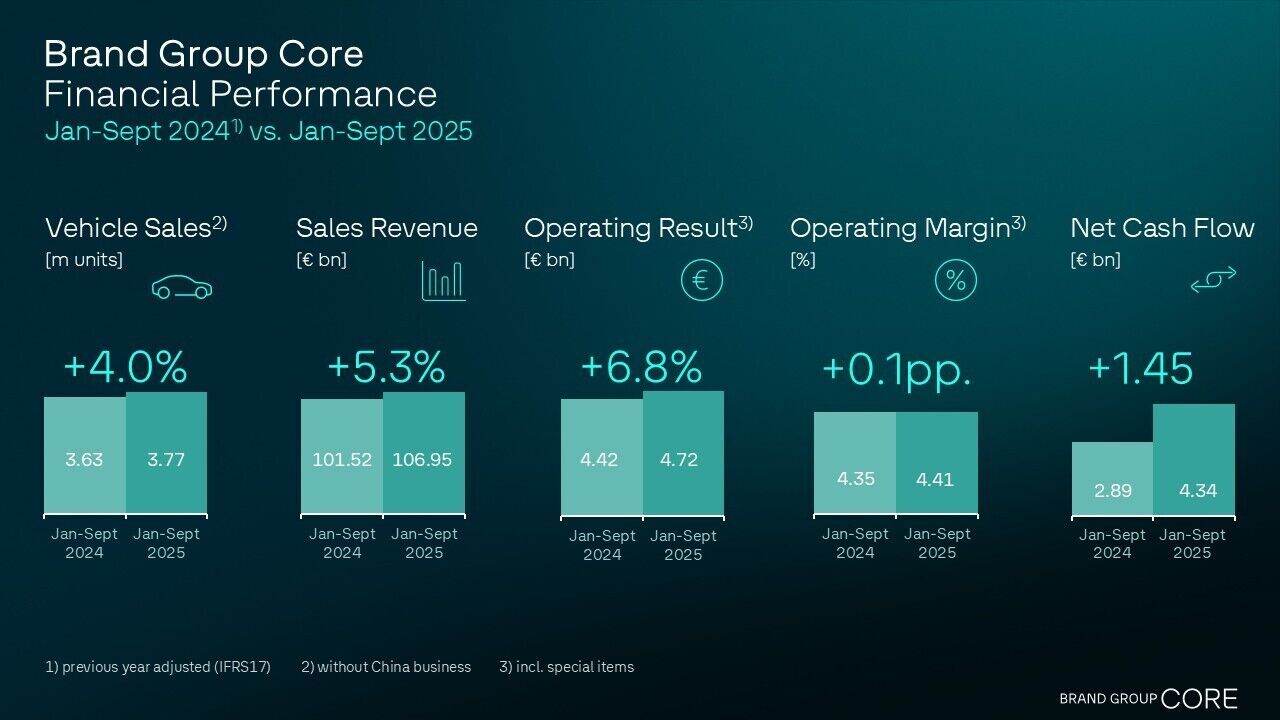
Brand Group Core boosts vehicle sales, sales revenue and result – restructuring costs have adverse impact
In the first nine months of 2025, the Brand Group Core continued its positive development and significantly improved vehicle sales, sales revenue and the operating result. The main drivers of this positive development were cost reductions resulting from the performance programs of the brands, as a result of which the operating result of the brand group grew 6.8% to 4.7 billion euros (+6.8%). Successful model launches and strong demand for models such as the Tayron, T-Cross und ID.7 Tourer, as well as the new Volkswagen Transporter/Multivan, CUPRA Terramar and Škoda Elroq also contributed to this success. However, the ramp-up of the lower-margin electric vehicles as well as expenses for US import duties had a significant negative influence on the cumulative result. Restructuring measures, especially for the Volkswagen brand, had further negative impact on the result and net cash flow. -

Global collaboration between Volkswagen and Walt Disney Animation Studios for the release of “Zootopia 2” in theaters
Volkswagen and Walt Disney Animation Studios have announced a special collaboration for the release of “Zootopia 2,” in theaters Nov 26th. The highlight of the collaboration is the appearance of three custom-animated vehicles in the film inspired by the all-electric Volkswagen models ID.3, ID.4, and ID.7 Tourer. The product placement is part of a new 360 campaign from Volkswagen, that will be rolled out globally.


